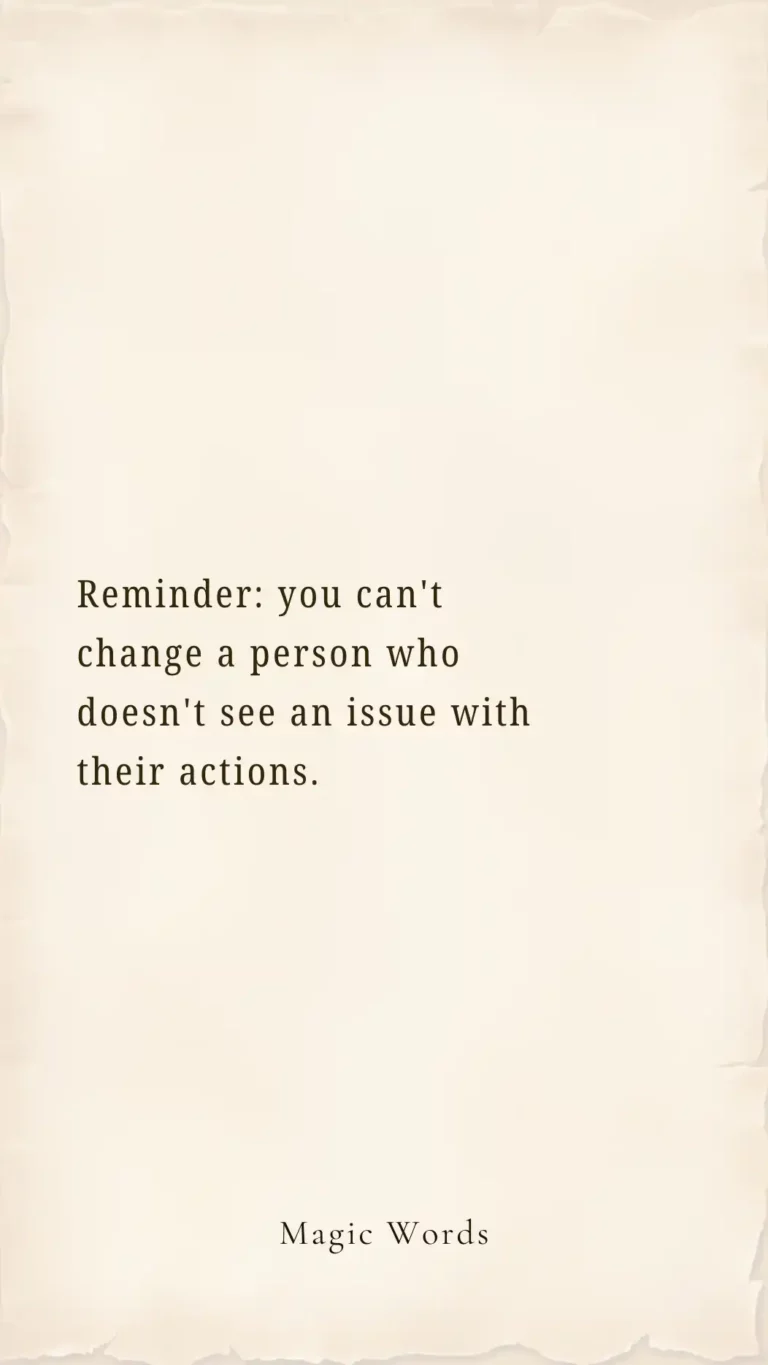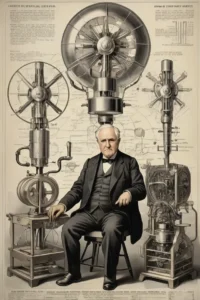Headline: Reminder: You Can’t Change a Person Who Doesn’t See an Issue with Their Actions
In life, we often encounter people whose behaviors or actions can be frustrating, hurtful, or even toxic. It’s natural to want to help them see the error of their ways, especially if they are someone we care about. However, there’s an important truth that many of us struggle to accept: you can’t change a person who doesn’t see an issue with their actions.
Why People Resist Change
At the core of this issue is self-awareness. For someone to change, they first need to recognize that there’s a problem. This requires introspection and a willingness to accept responsibility for their actions. Unfortunately, not everyone is ready or willing to take this step. Some may be in denial, while others may genuinely believe their behavior is justified or harmless.
Additionally, change requires effort, vulnerability, and humility. For some, admitting fault feels like admitting weakness, which can trigger defensiveness or resistance. Without the desire or motivation to change, even the best intentions from others will fall flat.
The Emotional Toll of Trying to Change Someone
Trying to change someone who doesn’t see an issue with their actions can be emotionally exhausting. You may find yourself repeating the same conversations, feeling frustrated when they dismiss your concerns, or even blaming yourself for their lack of progress. This cycle can lead to resentment and strain on your relationship.
It’s important to remember that you are not responsible for someone else’s growth. Change is a deeply personal journey that must come from within. While you can offer support and guidance, the decision to change ultimately lies with the individual.
What You Can Do Instead
- Set Boundaries: Protect your emotional well-being by setting clear boundaries. If someone’s actions are affecting you negatively, communicate your limits and stick to them.
- Lead by Example: Sometimes, the best way to inspire change is by demonstrating it yourself. Show kindness, patience, and accountability in your own actions.
- Focus on What You Can Control: Instead of trying to change someone else, focus on how you respond to their behavior. You have the power to choose how much energy you invest in that relationship.
- Let Go of Expectations: Accept that you cannot control another person’s choices. Letting go of unrealistic expectations can bring peace and clarity to your interactions.
FAQs
Q: Should I keep trying to help someone who doesn’t see an issue with their actions?
A: It depends on the situation and your emotional capacity. If their behavior is harmful or toxic, it may be best to prioritize your well-being and distance yourself.
Q: Can people ever change if they don’t initially see an issue?
A: Yes, but the realization must come from within. Sometimes life experiences or external factors can lead someone to reflect on their actions and grow over time.
Q: How do I protect myself from being emotionally drained?
A: Set firm boundaries, practice self-care, and remind yourself that you are not responsible for someone else’s choices or behavior.
In conclusion, while it’s admirable to want to help others grow, it’s vital to recognize your limits. Remember: you can’t change a person who doesn’t see an issue with their actions. Focus on what you can control—your own happiness, boundaries, and peace of mind.





